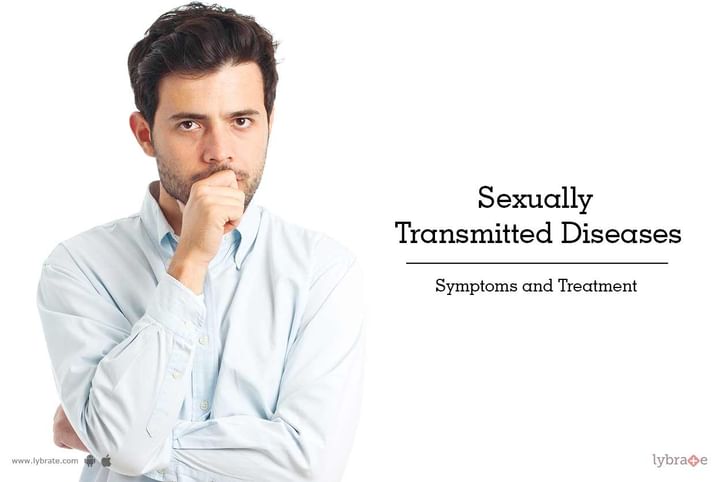Get the App
For Doctors
Login/Sign-up
Last Updated: Jan 10, 2023
BookMark
Report
Sexually Transmitted Diseases- Symptoms and Treatment
Dr. Megha TuliGynaecologist • 15 Years Exp.MD - Obstetrtics & Gynaecology, MBBS, Masters in Aesthetic Gynaecology
Sexually transmitted diseases can often be shortened to STDs. STDs often do not show any symptoms. It is possible that you may have had a disease such as chlamydia and not even known you had it. However, it is crucial that you get yourself tested as soon as possible so that the sexually transmitted disease can be treated in the best way possible. Since there are many sexually transmitted diseases and they all have different symptoms and treatment, here are the symptoms and treatment for the most common ones:
- HPV: HPV stands for Human papillomavirus and it may display no symptoms, whatsoever that you have the disease. However, when you do get symptoms, you will get symptoms such as genital warts, infection of the throat and mouth as well as cervical cancer, penile cancer and various other cancers. The treatment for HPV is to take a vaccine; as if you have not been vaccinated, it is hard to cure.
- Chlamydia: Chlamydia is a common sexually transmitted disease, however only 25% of women and about 50% of men show any symptoms of it. However, the most common symptoms when they do appear is a discharge from the vagina or penis which is not regular and it may even cause a painful or burning sensation. Since this is a bacterial disease, it can pretty easily be treated with antibiotics.
- Gonorrhea: Gonorrhea is yet another common sexually transmitted disease. It usually occurs along with chlamydia. The symptoms and treatment for gonorrhea are also extremely similar to chlamydia.
- Syphilis: Syphilis is another common sexually transmitted disease. However, it is a little hard to treat because the symptoms appear in stages. In the first stage, there is only one main bump on the body. This bump may look like a cut, a sore or even an ingrown hair. In the second stage, this bump becomes a rash, which goes all over your body and it may develop sores in your mouth, vagina or anus. Symptoms usually completely disappear in the third stage. However, if there is a fourth stage, the brain or organ damage may occur. Antibiotics are used to treat syphilis as well.
Related Tip: "3 Ways You Can Prevent STDs (Sexually Transmitted Diseases)"



+1.svg)
